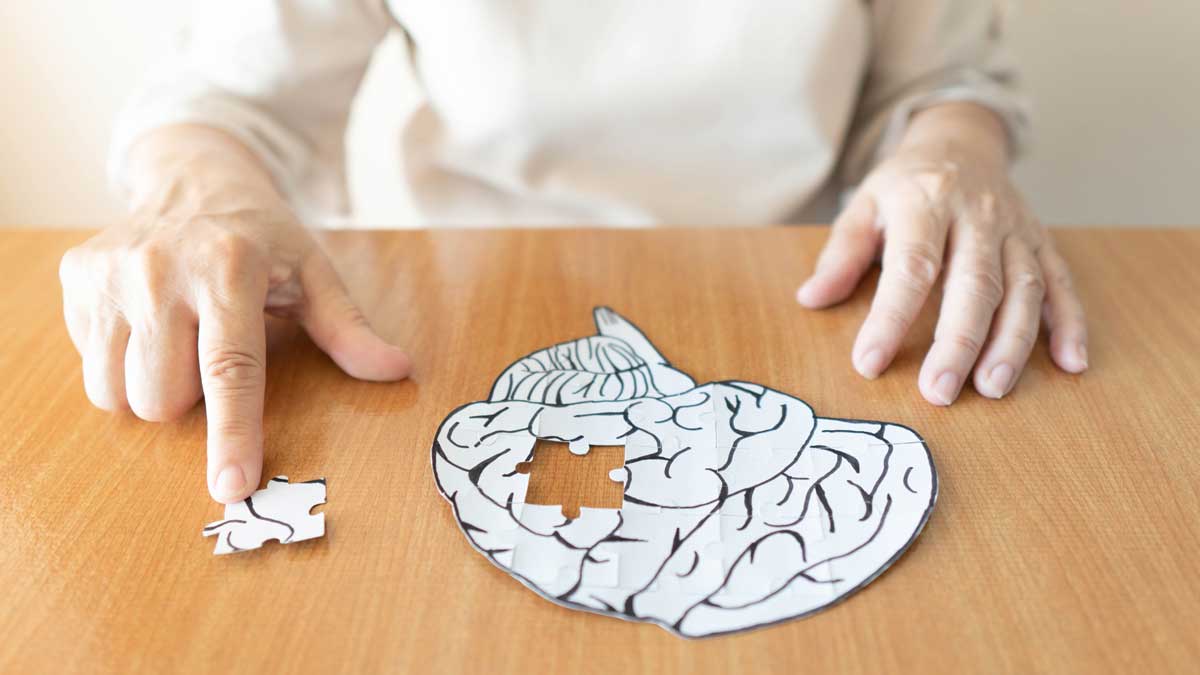The brain is the most complex and vital organ in the human body. It controls every aspect of our daily lives, from our thoughts and emotions to our movements and senses. Understanding how the brain works and what goes wrong in brain-related disorders is a critical area of research. Neuropsychological testing and medical advancements have been playing a crucial role in unraveling the mysteries of brain function.
What is Neuropsychological Assessment and How Does it Work?
Neuropsychological testing is a type of evaluation that evaluates cognitive abilities such as attention, memory, language, and problem-solving abilities. It consists of a battery of standardized tests and measures intended to provide an objective assessment of a person’s brain function.
A neuropsychological assessment is usually done by a trained professional, such as a neuropsychologist, and can last several hours. The individual may be requested to perform tasks such as recalling knowledge, identifying objects or images, and solving puzzles during the assessment. The assessment test can provide important information about a person’s cognitive strengths and weaknesses, which can be used to create targeted interventions, drug research, and treatment plans.
Advancements in Medical Treatment
Medical advancements in drug research have revolutionized our understanding of the brain and its disorders. With the help of brain imaging technologies, scientists and researchers are gaining new insights into the workings of the brain. These technologies include positron emission tomography (PET), magnetic resonance imaging (MRI), and functional magnetic resonance imaging (fMRI). These imaging technologies have enabled researchers to observe the brain in action and have provided a wealth of information on how the brain functions in healthy individuals and how it differs in individuals with brain-related disorders.
Neuropsychological Testing and Advancements in Medical Treatment
The use of neuropsychological testing in conjunction with medical advancements has significantly improved our ability to diagnose and treat brain-related disorders. Neuropsychological testing provides a detailed assessment of an individual’s cognitive functioning, which can help identify the specific areas of cognitive impairment. Once the cognitive impairment is identified, brain imaging technologies can be used to identify the underlying cause of the impairment. This information can then be used to develop a personalized treatment plan for the individual.
Drug Research and Its Role in Understanding Brain Function
Drug research has also played a crucial role in our understanding of brain function. By studying the effects of various medications on the brain, researchers have gained a better understanding of the underlying mechanisms of brain-related disorders. Drug research has also led to the development of new treatments for various brain-related disorders, including depression, anxiety, and schizophrenia.
Advancements in drug research have also led to the development of new medications for the treatment of cognitive impairments. These medications are designed to improve cognitive functioning in individuals with brain-related disorders such as Alzheimer’s disease and traumatic brain injury. The use of these medications in combination with neuropsychological testing has significantly improved our ability to treat cognitive impairments.
The Future of Brain Function Research: What’s Next?
As the field of brain function research continues to grow and develop, there are many exciting possibilities for the future. One area of focus is the development of more advanced brain imaging techniques, which can provide greater detail about the structure and function of the brain. Additionally, researchers are exploring new methods for studying brain function, including the use of virtual reality and other innovative technologies. There is also a growing emphasis on personalized medicine, where treatments are tailored to the individual based on their unique brain function profile. As we continue to unravel the mysteries of the brain, the possibilities for improving treatment and care for those with brain disorders are endless.
Summing up
In conclusion, the use of neuropsychological testing and medical advancements has significantly improved our understanding of brain function and brain-related disorders. The combination of neuropsychological testing and brain imaging technologies has provided a wealth of information on how the brain functions in healthy individuals and how it differs in individuals with brain-related disorders. Drug research has also played a crucial role in understanding the underlying mechanisms of brain-related disorders and has led to the development of new treatments for cognitive impairments. With continued research and advancements in neuropsychological testing, brain imaging technologies, and drug research, we can hope to gain a better understanding of the brain and its disorders, and develop more effective treatments for those who are affected by them.








